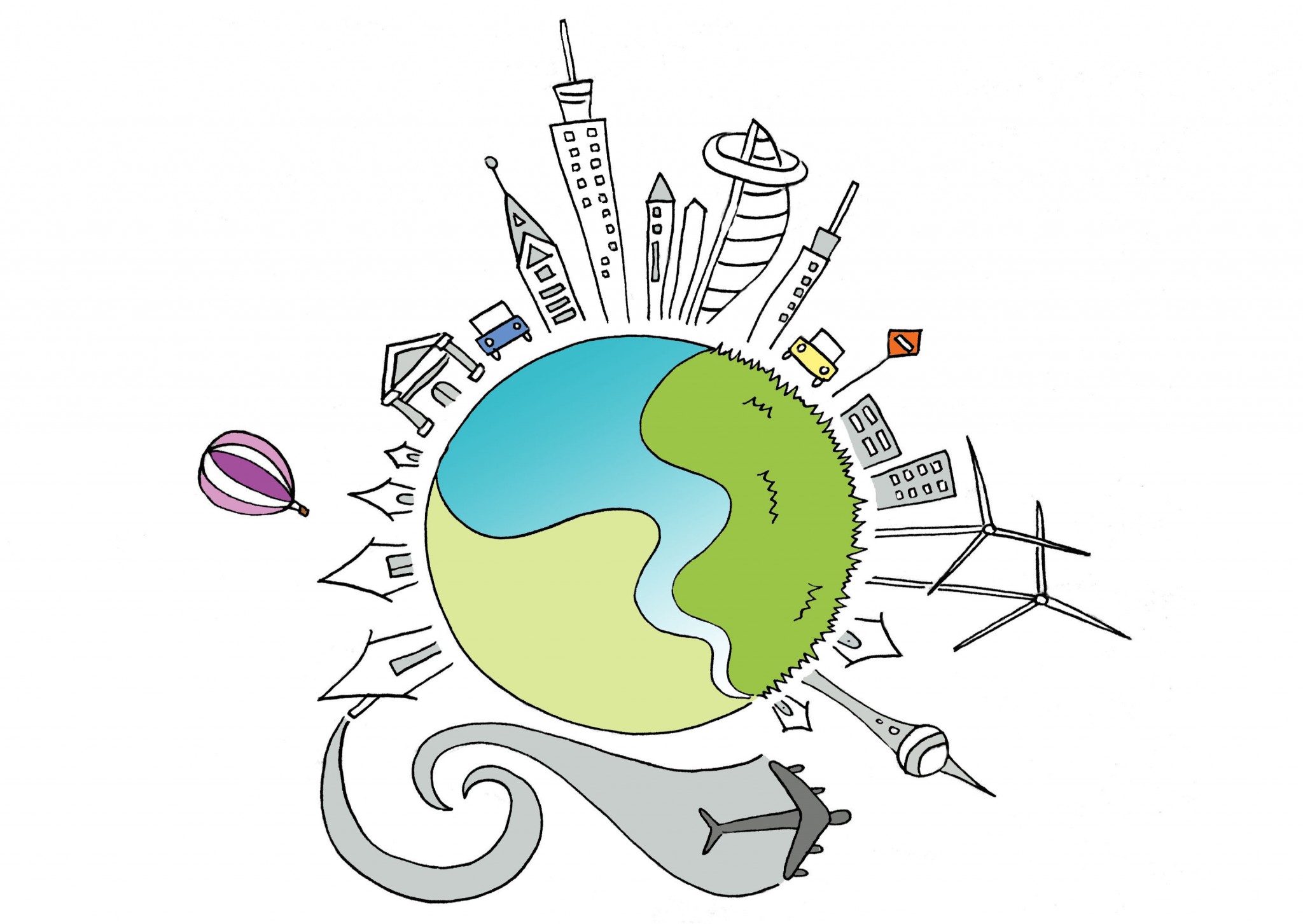Current students should focus their energy on climate change because it is the defining issue of our generation. It threatens the livelihood and existence of the human species; scientists argue a temperature increase of more than two degrees celsius will have an unpredictable and destructive impact on ecosystems, food sources, and cities across the globe. The environment also greatly affects humankind’s social existence in matters of health, equity, and economic decision-making. As demonstrated by key moments of historical social activism, students are well-placed to protest in protection of the environment.
Similar to U.K. students in the 80s protesting descriptions of the South African National Congress (ANC) and Nelson Mandela as terrorists by prominent members of the British Conservative Party, students’ college-bred critical thinking can wrest the climate narrative away from those who deny climate change. Divestment movements have not yet had success in Canada in the form of a complete divestment, but have had a significant impact on the discourse surrounding climate change. They have led protests against investment in oil and gas companies and started petitions against people who refute scientific reasoning with arguments that climate change models are imprecise and hence invalid. While such methods have yet to reach a boiling point in terms of concrete change, they serve as the impetus for greater discussion on the role of institutions in perpetuating systems of oppression; in this case, a system of environmental degradation.
Unlike business professionals or politicians, students usually don’t have jobs that would encourage them to support environmentally irresponsible enterprises. Students had more leeway to lobby the British Conservative Party in the 80s to economically boycott apartheid South Africa despite the government’s resistance to doing so; then Prime Minister Margaret Thatcher opposed a full economic embargo on the grounds that they hurt British interests as well as poor South African blacks while favouring ‘constructive engagement’ in countering apartheid. It cannot be forgotten that Thatcher had a husband with deep business ties to South Africa and was staunchly committed to economic liberalism. Thatcher’s policy promoted capitalism over human rights, even if the end goal was dismantling apartheid. Think tanks, like the Cato Institute, arguably behave the same in terms of climate change. Students are not as susceptible to similar moral compromise due to their ties, and so they can vigorously protest countries and companies that fail to live up to climate standards.
Students are in a unique position to think critically about technology and human progress as the sole means of combatting climate change. Yes, as Bill Gates argues, a strong culture of innovation will help mitigate the effects of rising sea levels and find alternative energy sources. Students, however, cannot allow a ‘we’ll figure it out eventually’ attitude to undermine the drive to find new ways of taking responsibility and protecting the environment.
With their incredible scope to be thoughtful and proactive in responding to climate change, students can pressure governments to follow their lead. Students are exposed to new ideas daily through classes, social media engagement, and talking to other people; anyone taking McGill’s Philosophy of Environment class, for example, will learn that the Whanganui Iwi River in New Zealand was granted legal personhood (similar to a corporation’s rights) in 2012 in order to protect the ecosystem. Knowing that there is a precedent of ‘nature rights’ can help students bring forth creative solutions to governments and hold legislation to a higher standard. This is necessary considering that the United Nations recently stated that the climate change plans of 146 countries were insufficient.
Students are equipped to grapple with the complexities of climate change and protest them in a unique manner. Historically, students have been successful agents of change through protesting and clamoring for changes in the status quo. With the future at stake, now is the time to speak up.







